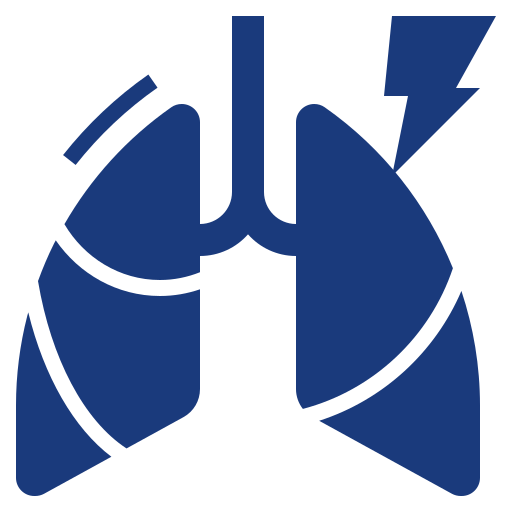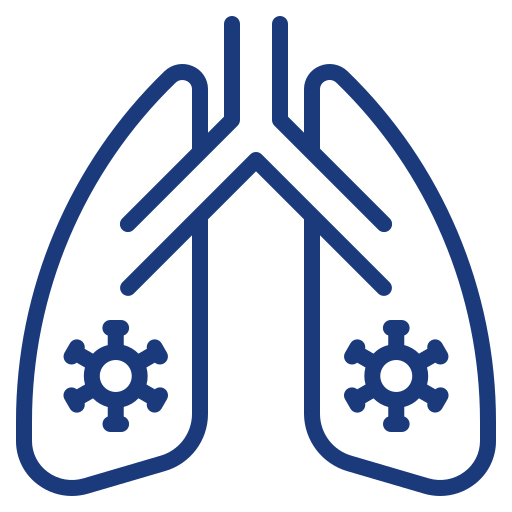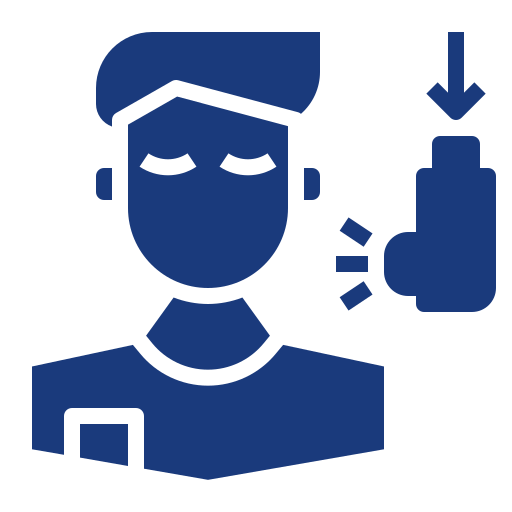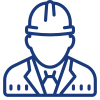Respiratory
Compensation
Occupational Alveolitis & Byssinosis

Berylliosis
Bronchitis & Emphysema

Caplan Syndrome
Fibrosing Lung Disease
Interstitial Lung Disease

Pneumoconiosis

Occupational Asthma

Chronic Obstructive Pulmonary Disease
Just for any further help
Request a callback from us at a time that is convenient to you call us 24/7 on 08009961807
RESPIRATORY COMPENSATION CLAIMS
If you have been diagnosed with Respiratory Disease within the last 3 years and it is associated with your past or present employment then contact LPS today.
LPS has dedicated Industrial Disease solicitors that have helped thousands of people successfully claim respiratory compensation. We aim to the maximum amount of compensation available for your claim using our No Win No Fee claims process.
Respiratory conditions are extremely common when working in the construction industry, and there are a number of dangerous substances an individual can be subjected to. Exposure to chemicals and harmful dust particles are the main causes of occupational asthma, however there are many more conditions that can arise from working around the manufacture of chemicals.
From welding to detergents, textiles to paint, there are a number of materials and substances that give off harmful toxins when manufactured. If you have worked in any of these industries and are experiencing the effects of respiratory disease, then you may have grounds to claim compensation against your employer
Types of respiratory disease
There are many different types of respiratory disease including
- Asthma
- Asbestosis
- Silicosis
- Black Lung
- Brown Lung
- Coal Worker’s Lung
- Chronic Obstructive Pulmonary Diseases (COPD) including emphysema and bronchitis
Symptoms of Respiratory Disease
After inhaling a dangerous substance, a person may feel some irritation to their mouth and throat before any effect on the lungs. Initial symptoms can include a persistent cough, a fever and cold and flu-like symptoms such as a runny nose as well as wheezing, breathing difficulties, tiredness and tightness of the chest. In some cases, no symptoms are apparent therefore, if you believe that you have been exposed to a dangerous substance, you should seek medical advice immediately. Many respiratory diseases are treatable; however, some can prove terminal.
Making a claim for respiratory disease compensation
If you think you are suffering or have been diagnosed with a Respiratory Disease and you think your employer has not taken the appropriate steps to protect your health, LPS can help. Simply call our dedicated industrial disease solicitors on 08009961807, text 4myclaim to 88802, chat to us online or complete a short form and we will be in the best position to advise you on a No Win No Fee basis.
What to do now?
We suggest that you contact our expert team for a free no-obligation consultation. There is nothing to lose! If you are busy, you can click here to arrange a callback time or alternatively, you can call 08009961807 and ask to speak to our family department experts.
LPS – The Multi-Service Law Firm of Choice!

Live Chat
Talk with us about your case and the likelihood of its success without any obligation today. Specialist staff are on hand to help you.
Request a callback
Offering Real Time Support Nationwide
Our firm will treat you as an individual and not a number; we genuinely care about you and your family’s wellbeing. We are dedicated team experienced in dealing with complex cases. We will offer support at every step of the way and ensure that you are supported throughout you case/claim. We also have access to a range of experts that can assist us ensuring that your case/claim will present in best possible way. We offers a free no-obligation consultation so why not take us up on this offer and decide if we are the expert solicitors for you.
Our Practice Areas

Personal Injury

Medical Negligence

Industrial Disease

Civil Litigation & Dispute Resolution
Read what our customers say about our service…
Frequently Asked Questions (FAQs)
What is an industrial disease or injury?
These hazards vary according to the type of work being carried out, but they could involve harmful substances, such as chemicals, dust or fumes; or harmful activities such as using vibrating tools or machinery; or harmful environments, such as one that is very loud.
Examples of industrial diseases and injuries include the following:
- Asbestos-related diseases such as mesothelioma or asbestosis
- Occupational Asthma
- Pneumoconiosis
- Silicosis
- Chronic obstructive pulmonary disease (COPD)
- Dermatitis
- Hand Arm Vibration Syndrome
- Vibration White Finger
- Carpal Tunnel Syndrome
- Dupuytren's Contracture
- Work-related Tendonitis
- Epicondylitis (Golfer's and Tennis Elbow)
- Carpet Fitter's or Housemaid's Knee
Who will pay the compensation?
It is very rare for the employer concerned to actually shoulder the payment of industrial disease compensation. In the vast majority of cases compensation comes from your employer's "Employers Liability Insurance". It is a legal requirement for all UK employers to have a policy of this type.
Furthermore, in the event that you are still employed by the defendant there are a number of legal safeguards in place to protect you from unfair dismissal or discrimination made on the basis of your claim.
My employer has gone out of business, can I still claim?
Will my case go to court?
How much will it cost to fund my claim?
What are the time limits for industrial disease claims?
Given that many industrial diseases take a long time to develop, it may be that you need to make a claim decades after the firm responsible for your illness has ceased to trade. But, as long as it is within three years of diagnosis of an industrial disease, it may still be possible to claim compensation when retired or no longer work for the former employer responsible for causing your illness.
Can I still claim state benefits?
If a family member has died as a result of an industrial disease, can we make a claim?
It is possible to claim compensation on behalf of a deceased family member. However, the claim must be brought within three years of the date of death. Similarly, if the claimant dies during the course of the case, the family can continue with the claim on his or her behalf.
However, if your family member has an industrial disease and later dies from an unrelated incident, you would have three years to claim in respect of the work related illness from the date they knew or ought to have known they were suffering from the condition, not from the date of the unrelated death.
What are the time limits for industrial disease claims?
You can make a claim up to three years from the date the you knew or ought to have known that you were suffering from a work-related illness, or three years from the date of last exposure to any substance or process which has caused the condition (whichever is the later date).
Given that many industrial diseases take a long time to develop, it may be that you need to make a claim decades after the firm responsible for your illness has ceased to trade. But, as long as it is within three years of diagnosis of an industrial disease, it may still be possible to claim compensation when retired or no longer work for the former employer responsible for causing your illness.
Get in Touch today and let us know how we can help you 08009961807


